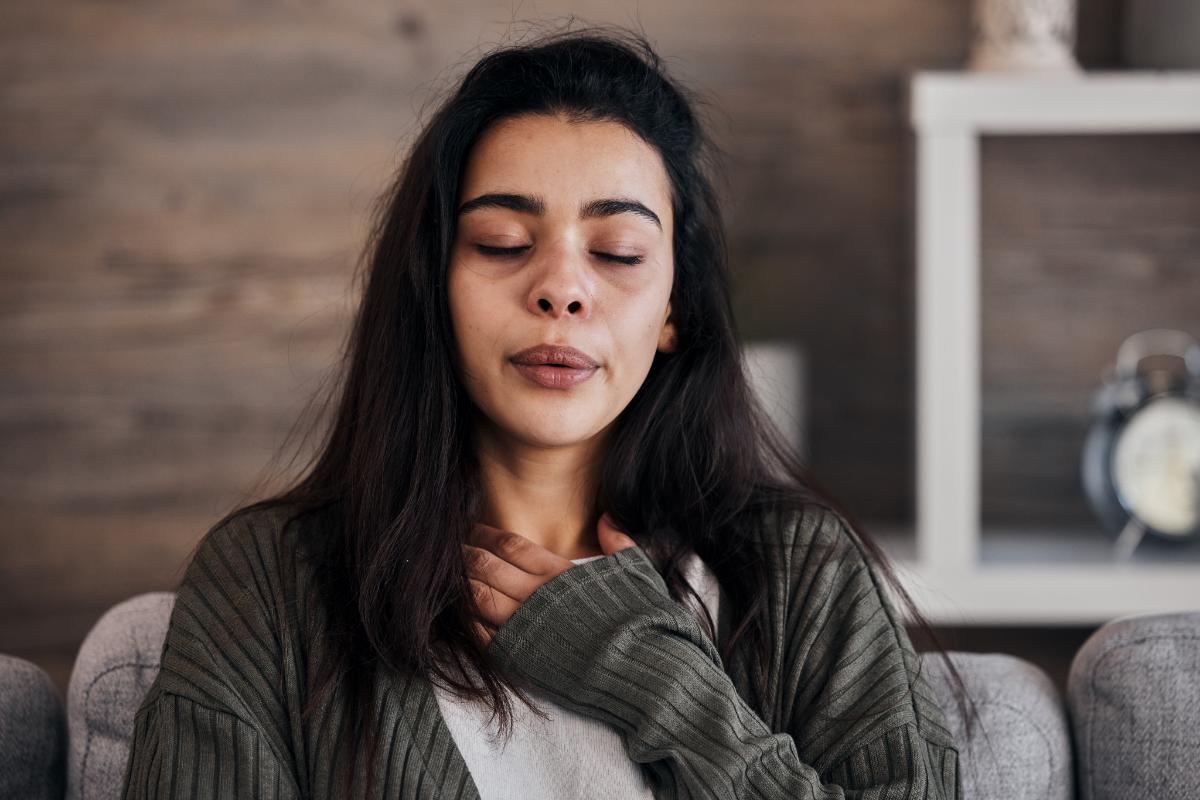Post-traumatic stress disorder (PTSD) and alcoholism are two complex issues that, when combined, can devastate a person’s life. Unfortunately, these two problems often go hand in hand, creating a dangerous cycle of addiction and emotional distress. Knowing more about PTSD and alcoholism and the risks associated with their co-occurrence can lead individuals to long-term healing.
If you or a loved one are struggling with alcoholism and PTSD, please contact Gulf Breeze Recovery. We offer substance abuse treatment in Gulf Breeze, FL, and our team of addiction specialists is available 24/7 to answer your questions. Don’t suffer alone; take the first step towards recovery today by calling 833.551.2304 or completing our online form.
What Is PTSD?
What is PTSD? A severe mental health disorder can develop after experiencing or witnessing a traumatic event. People with PTSD may have intrusive memories or flashbacks of the traumatic event, nightmares, anxiety, and other symptoms that can persist for months or years. PTSD can occur in anyone who has experienced or witnessed a traumatic event, such as a natural disaster, sexual assault, or combat.
What Is Alcoholism?
What is alcoholism? Also known as alcohol use disorder, it is a chronic disease that occurs when a person drinks alcohol excessively and develops a dependence on it. People with alcoholism may continue to drink despite negative consequences, such as relationship problems, financial difficulties, and health issues. Alcoholism can develop gradually, and people with a genetic predisposition to the disease may be more susceptible.
Co-Occurrence of PTSD and Alcoholism
Alcoholism and PTSD often occur together, and it can be difficult to determine which problem led to the other. People who experience traumatic events may turn to alcohol as a way to cope with their symptoms, leading to the development of alcoholism. Alternatively, people with alcoholism may experience traumatic events while under the influence, leading to the development of PTSD. In either case, the co-occurrence of these two problems can create a dangerous cycle of addiction and emotional distress.
Risks of Co-Occurrence
The combination of PTSD and alcoholism can exacerbate symptoms of both problems and create a cycle of negative behaviors. For example, people with PTSD may use alcohol to cope with their symptoms, leading to further emotional distress and exacerbation of PTSD symptoms. People with alcoholism may also experience worsening mental health symptoms, such as depression or anxiety, making it harder to seek help for their addiction.
How Gulf Breeze Recovery Can Help
At Gulf Breeze Recovery, we have extensive experience helping people overcome addiction and co-occurring mental health disorders like PTSD. We utilize a holistic, non-12-step approach to addiction treatment that prioritizes mindfulness and personal growth. Our comprehensive programs, including detox, residential treatment, partial hospitalization, intensive outpatient, aftercare, and telehealth offerings, are tailored to meet the unique needs of each individual.
Our dual diagnosis program recognizes the complex interplay between addiction and mental health concerns. We understand the importance of addressing both issues simultaneously to help people achieve lasting recovery. With evidence-based therapies such as EMDR, anger management, and family and group therapy, our approach focuses on helping residents recover and find emotional balance and well-being.
Find Substance Abuse Treatment in FL at Gulf Breeze Recovery
If you or a loved one is struggling with PTSD and alcoholism, please don’t hesitate to contact Gulf Breeze Recovery. We provide a safe, tranquil, supportive environment that fosters healing and recovery. Our location on the Gulf of Mexico offers a peaceful, reflective setting that enhances the therapeutic experience. We believe people are not broken and can recover from PTSD and alcoholism with the right care and resources.
Let us help you or your loved one to a fulfilling and sober life. Call 833.551.2304 today or complete our brief online form to take the first step toward a brighter future.







